The sleep of the grateful dead
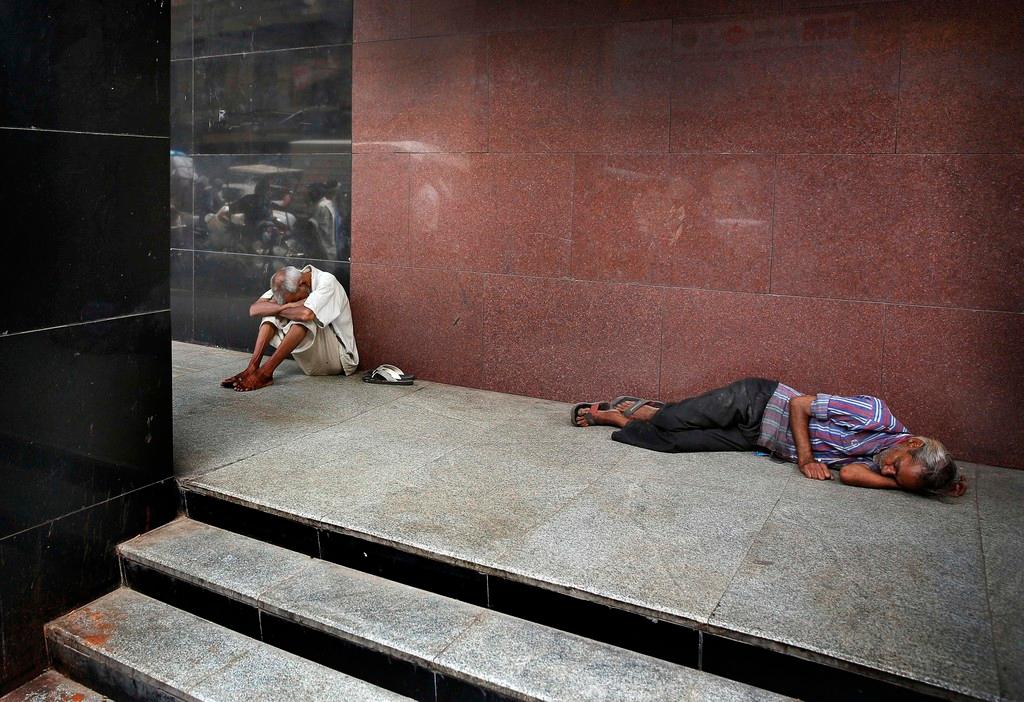
Is being asleep a passive state? Can you mourn for a dead person you don't know? Two Indian artists give the Swiss a taste of blurred boundaries when it comes to sleep and death.
“Advisory: The show features a live walrus, those with any allergic reactions to aquatic animals advised to take necessary precautions,” warns a poster for Delhi-based artist Shaunak Sen’s exhibition in the Swiss capital Bern.
Curious visitors enter a dark attic in search of the promised marine mammal. They are shepherded to an almost pitch-black corner where they confront a greyish, snoring blob that could be a walrus or a sack of potatoes. It is hard to tell in the poor light.
“I am not sure if it is real. It is snoring quite loudly but it is in the dark and conveniently it is forbidden to take pictures with a flash,” says Daniel, a visitor.
“It’s great. We still don’t know if it is a real walrus or not,” says his friend Bobette.
Sen’s stunt to draw people to his exhibition titled “A Brief History of Horizontality” appears to have worked. He is a man obsessed with the idea of sleep and the choice of a walrus was apt considering they are almost always asleep on land and can even sleep while in the water.
“Around five years ago I was diagnosed with chronic insomnia. I couldn’t sleep and was under medication for a long time. I started thinking about philosophical and intellectual approaches to sleep,” he says.
The result of all this was a documentary on the sleep mafia of Delhi called “Cities of SleepExternal link”. It deals with the informal business of renting makeshift beds to the four million homeless people in Delhi, who can’t all find space in night shelters.
“The people in Delhi are as clueless about the existence of the sleep mafia in their city as the European audience who watch my film,” says Sen.
In Switzerland, he collaborated with local artists to create an exhibition on what it means to be lying down. One of his goals is to demonstrate that being horizontal doesn’t mean being passive.
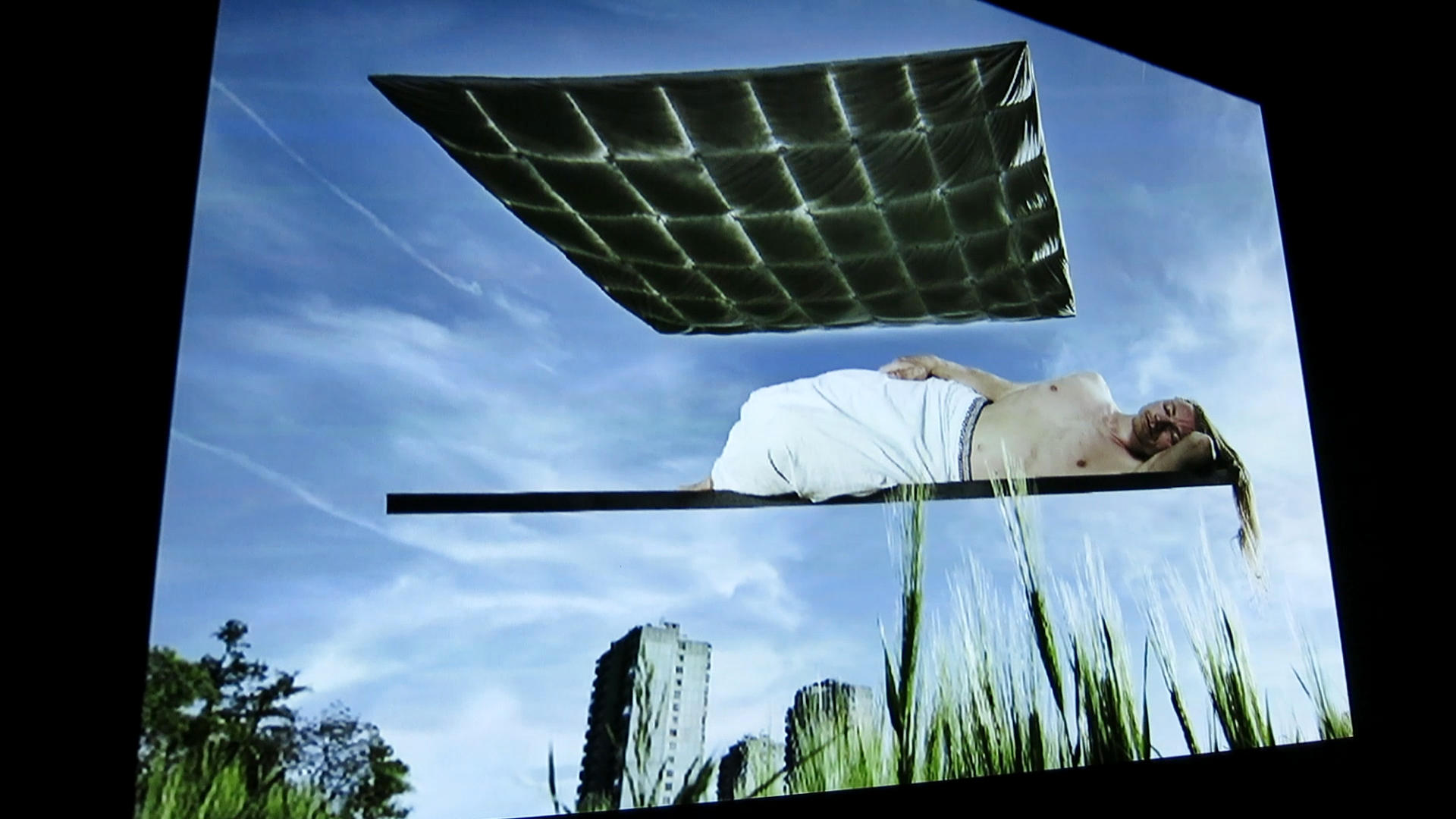
More
A horizontal state of mind
Coping with death
While Sen focuses on the subtleties of sleep, his compatriot Amitesh Grover has a fascination for the sleep of no return – death.
“I lost my grandmother two years ago and it was the first death I saw up close. She passed away while I was feeding her and I was left alone with her for an hour,” says Grover who is also from Delhi.
For that one hour, Grover kept thinking about death, loss and how people deal with them. A friend told him about professional mourners in the southern Indian state of Tamil Nadu who lament the death of a stranger through folk songs called Oppari. It came as a surprise to Grover, as it was a departure from the heavily codified and ritualistic funerals practised in most of India.
“Even my mother was surprised to learn about the Oppari tradition. She couldn’t understand why mourners from outside should be invited to a family funeral,” he says.
Grover set about harnessing the tearful theatre of Oppari into an artistic performance that addresses questions on the practice of mourning. He was invited to Switzerland by the organisers of the Belluard Bollwerk International Festival who found Oppari to be a perfect fit for their “living traditions” theme. Oppari singer Jayalakshmi Gopalan is undoubtedly the prima donna of the show.
“My victory is when people are moved by my singing and cry. Their tears are a thank you to me, as it shows they believe in my performance,” she says.
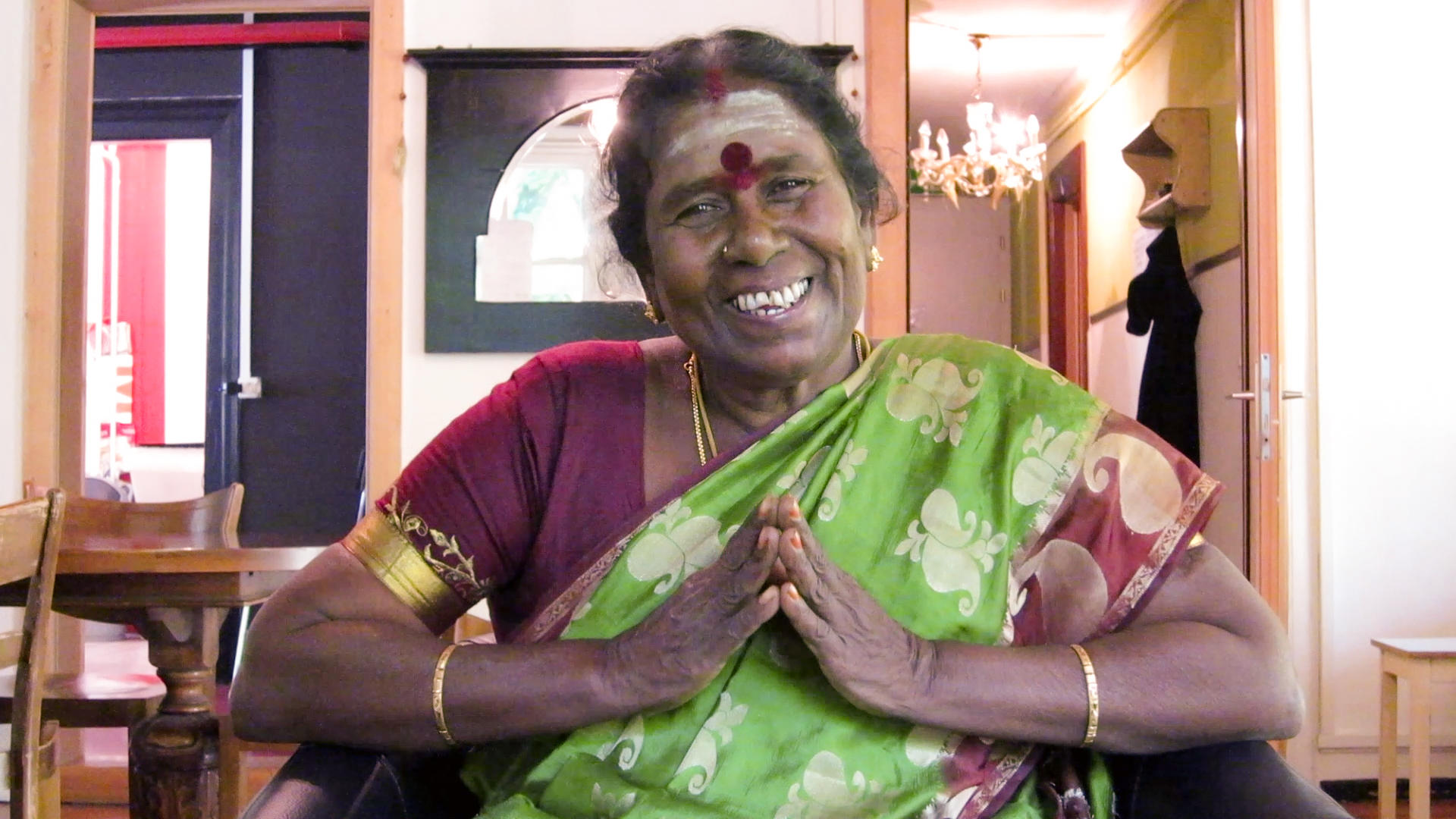
More
The dying art of professional mourning
This is the first time Gopalan has travelled outside India. But her family don’t know she is in Switzerland to sing Oppari.
“They think I am going to sing in a play. We come from a family of astrologers and my family cannot digest the fact that I am singing Oppari,” she says.
Gopalan’s decision exemplifies the stigma faced by Oppari performers despite services rendered during a difficult part of life. Oppari carries with it a taint of death and therefore performers are not invited to happy occasions like the birth of the child. It is also something performed by the lowest caste, which makes it doubly difficult for singers to be accepted into society.
Gopalan wants to change people’s attitudes and intends to use her Swiss performance to help her do so.
“I am going to take the photos and videos of me singing Oppari in Switzerland and show them to government officials and educational institutions in my district. I want to ask them why Tamil people look down on Oppari when people from other countries and cultures are able to appreciate it,” she says.
For her Swiss performance, her goal is quite clear.
“Even those who don’t understand the interpreters should feel it in their hearts and shed a tear or two. That is victory for me.”
Would you invite a professional mourner to the funeral of a near and dear one? Let us know in the comments section.

In compliance with the JTI standards
More: SWI swissinfo.ch certified by the Journalism Trust Initiative

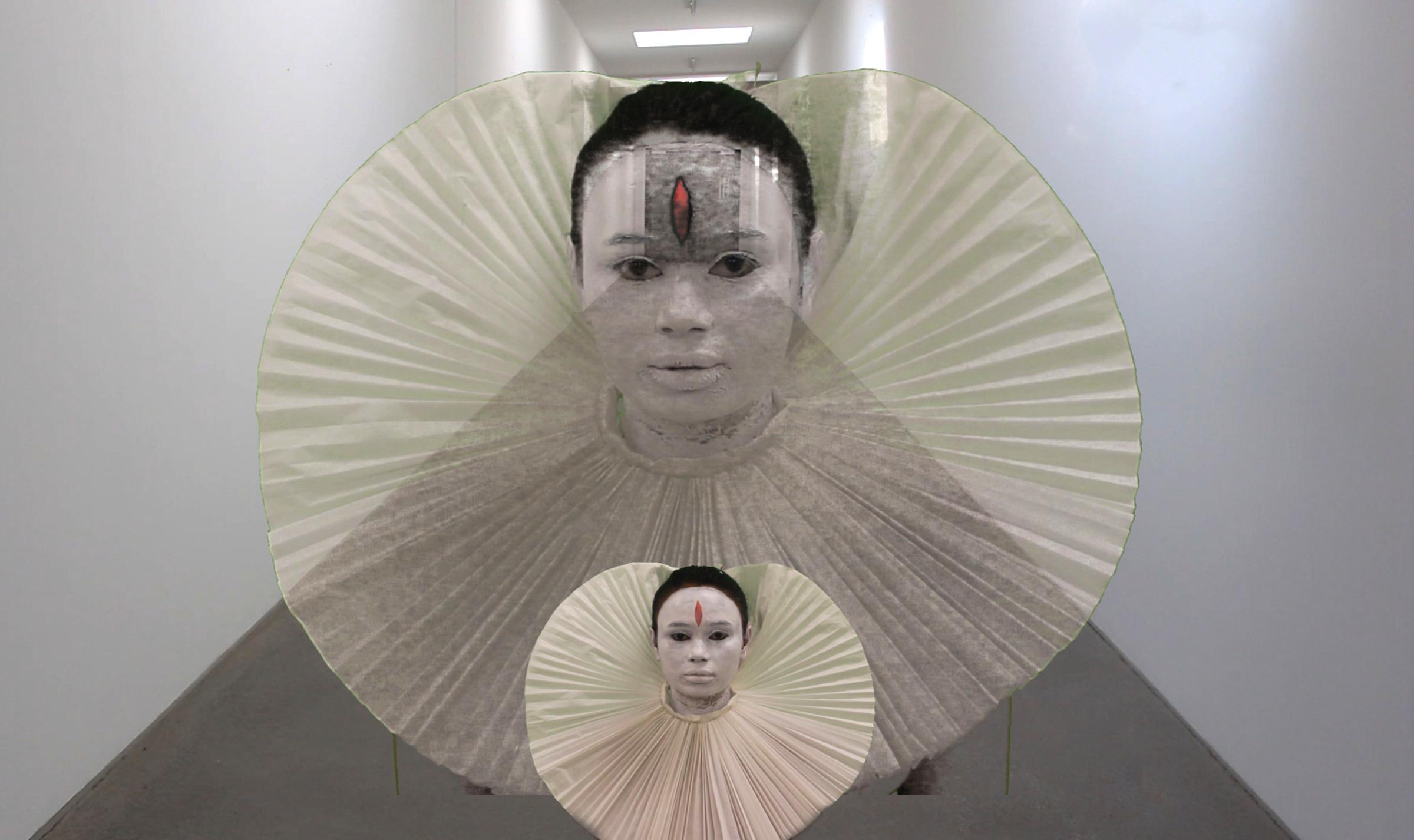
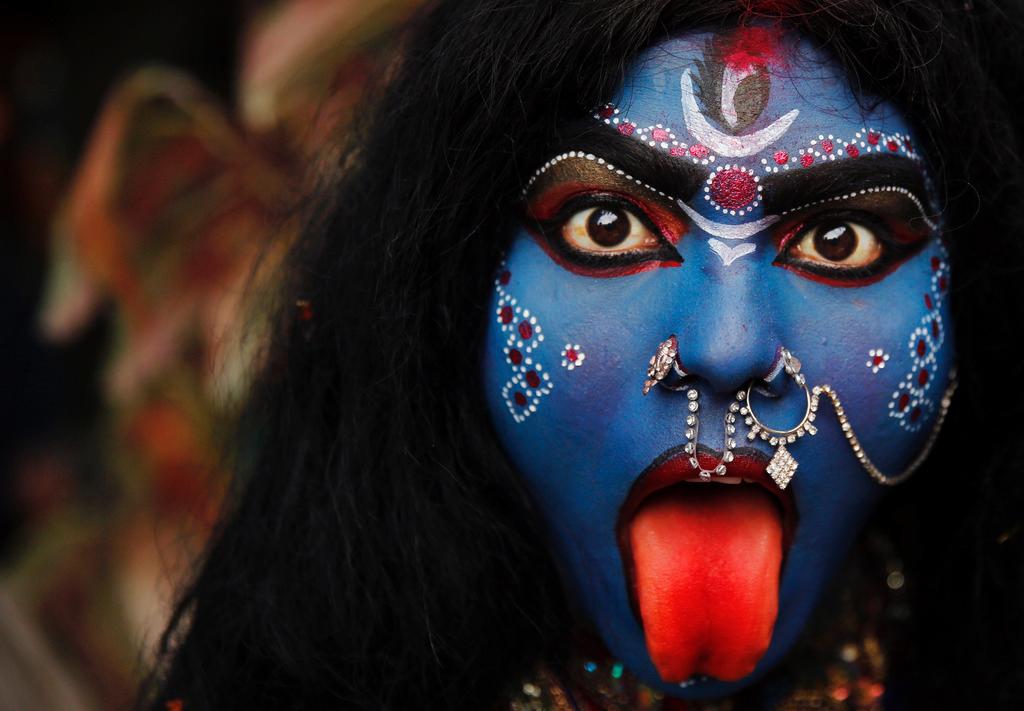
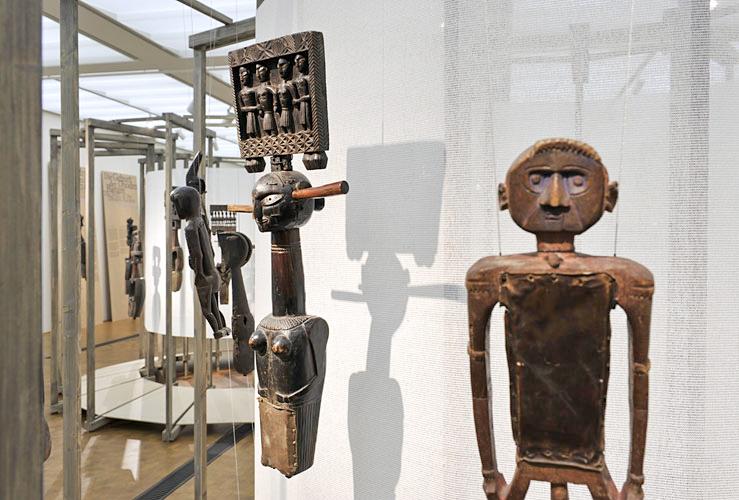
You can find an overview of ongoing debates with our journalists here . Please join us!
If you want to start a conversation about a topic raised in this article or want to report factual errors, email us at english@swissinfo.ch.